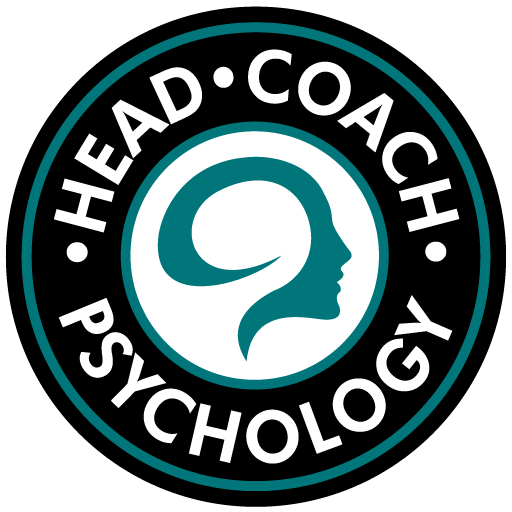“Between stimulus and response, there is a space. In that space is our power to choose our response. In our response lies our growth and our freedom” ~ Victor Frankl
MAN’S SEARCH FOR MEANING
Hope develops or fails to develop, in infancy. We innately trust our primary caregivers, and as they meet our every need, we learn to become hopeful about the future.
Unbeknownst to us, we take our first steps trusting that we will eventually walk, and from there, run. Even when we misstep or fall, we get back up and try again. We have hope that we can do it, and eventually, we do.
In his book titled Man’s Search for Meaning, Victor Frankl talks about genuine freedom coming from the inside out. He recounts his time as a prisoner in Auschwitz and of the enormous struggle he endured to stay alive.
He watched many of his comrades’ die of typhus, of starvation, of brutality. But he did not die. He did not die because he never allowed his hope to be stolen.
Those moments of despair helped define him. When all seemed lost, he endured and repeatedly made the choice to never lose hope.
According to Frankl, the key to staying alive was not found in resistance or flight. Instead, he claimed it was found in remaining hopeful, even when the thought of ever being liberated seemed ludicrous. To have hope he said, was to sustain life.
THE MIND-BODY CONNECTION IS REAL
The mind is a powerful entity. We are innately programmed to have hope. In fact, it has been well documented that the mind-body connection is real, and when the mind ceases to have hope, the body quickly dies.
It seems that everyone is searching for the secret to a long life. There are pills for weight loss and pills for energy; there are injections for wrinkles and tricks to burn calories; there are concoctions to drink and supplements to ingest. Living a long life is a dream that translates into a billion dollar a year industry.
What a ruse it would be to find out that the very thing that allows us to live a long life is not found in some miracle surgery or expensive pill, but instead rooted in the basic human emotion of hope.
THE VALUE OF HOPE
It’s risky to hope though at times, isn’t it? When are worried about losing someone, or when we are unsure of the security of our job, or when we feel like we have lost control of all those things that make us feel secure, investing in hope may seem too emotionally expensive.
But if we turn away from hope, what is left? If we cannot find hope that at the very least, the sun will rise, and the earth will turn, what do we have to cling to in times of uncertainty and strife?
We must believe in the value of hope. It does not mean we hope that tomorrow all our troubles will disappear or that we will win the lottery, and all will be fixed. Rather, to have hope involves taking a chance that things may not turn out as we expect, or as we hoped they would, but knowing that we will remain powerful no matter what the circumstance.
The question then becomes what is the cost of not taking that risk, of not hoping and believing that it will eventually all be ok?
Victor Frankl would assert that once we’ve lost hope, we’ve lost everything.

